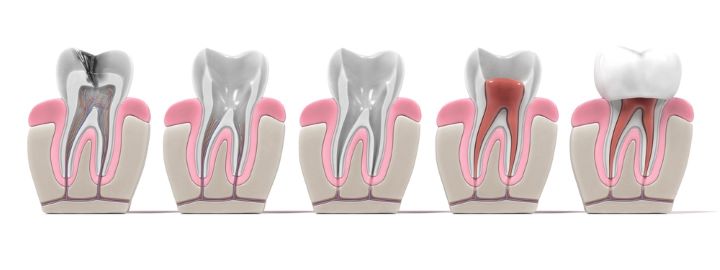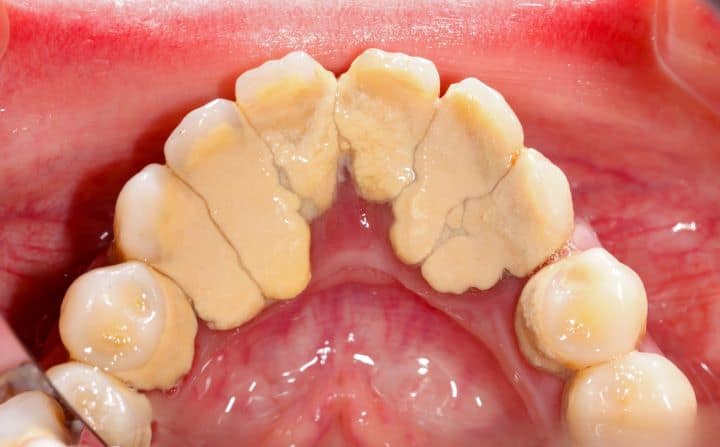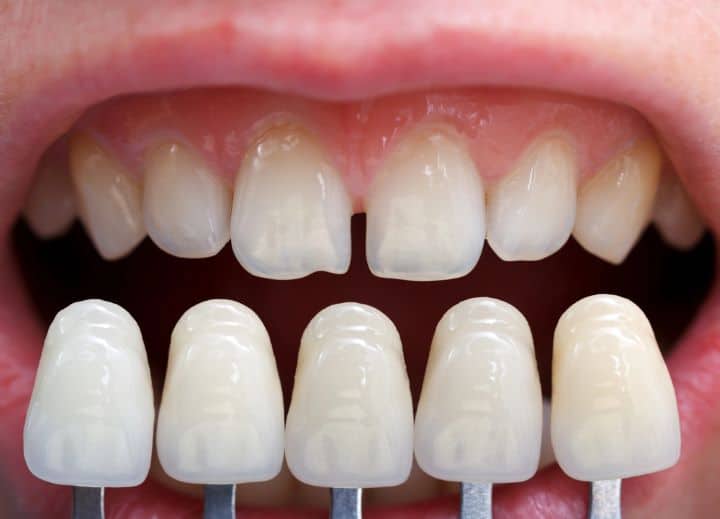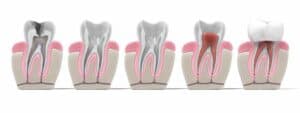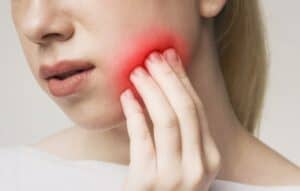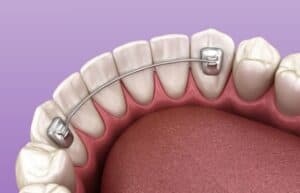A child’s first wiggly tooth represents a major milestone in their healthy development and growth.
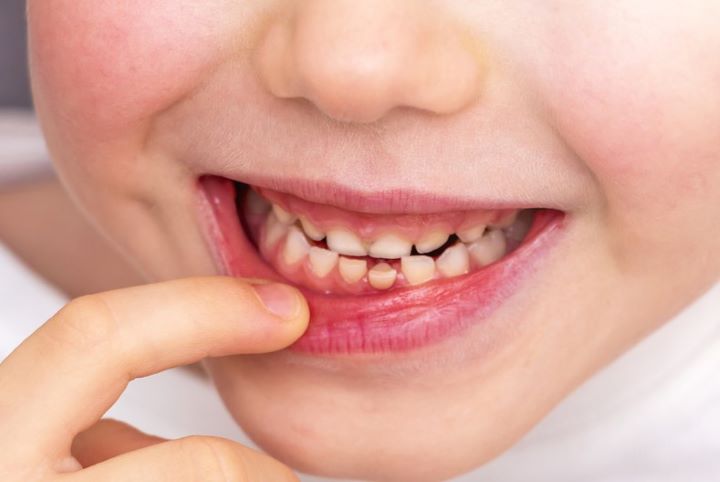
Kids are eager to wait for their mystical visit from the tooth fairy and you, as their parent, have the comfort of knowing that their tooth will regrow in place soon enough. But when you’re an adult, a shaky tooth can be a cause for concern.
This article provides you with information on what to do for your unfortunate tooth loss.
Understanding loose teeth in children
All of a child’s 20 milk teeth will gradually be replaced by 32 permanent teeth and by the age of 12 years, all their permanent teeth would have come in. It is, however, important to note the timing schedules for these losses.
The American Dental Association states that a child usually loses their first tooth (which is one of the lower central incisors), at the age of 6 to 7 years. Consequently, the first grown-up teeth to erupt are the molars that also grow between ages 6 and 8.
Your child’s first teeth to fall out are usually the two central incisors, followed closely by the upper two central incisors. Although kids are supposed to lose their teeth at age 6, it is normal for most to begin losing them only until 7 years old.
What are the causes of a loose tooth?
A baby tooth will typically loosen when the erupting adult tooth pushes it out from below the gums. However, premature loss of baby teeth may occur when the teeth have been affected by root resorption, trauma, or tooth decay, followed by extraction.
Tooth decay is a common cause of shaky teeth in young kids, especially when the roots are involved.
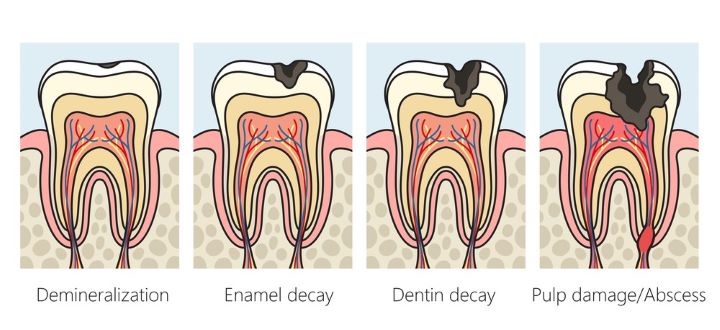
In such cases, the child may complain of pain, or there may be an indication of infection in the surrounding teeth.
Due to the early loss of a tooth, the adjacent teeth may migrate into the empty socket area, further perpetuating space shortages for permanent teeth to grow in. Therefore, it is important to take care of your kid’s teeth even if they will ultimately fall out.
Common risks associated with loose baby teeth
When do you pull out a tooth?
- If the tooth is very loose
- If the tooth is preventing the growth of an adult tooth
- If the tooth is causing infections
When NOT to pull out a tooth?
- If the tooth is resisting pressure
- If your child is fearful or anxious
Overall, according to the American Academy of Pediatric Dentistry, the best way for a child to lose their tooth is to let it fall out on its own. If you cannot remove the tooth at home, you can consult a dentist to extract the tooth using a numbing agent.
Understanding loose teeth in adults
If you’re an adult and your adverse habits or accidental injuries cause your teeth to become loose, it should be taken care of soon.
What causes loose teeth in adults?
A tooth should not move in a healthy mouth, so abrupt movement is a worrying sign.
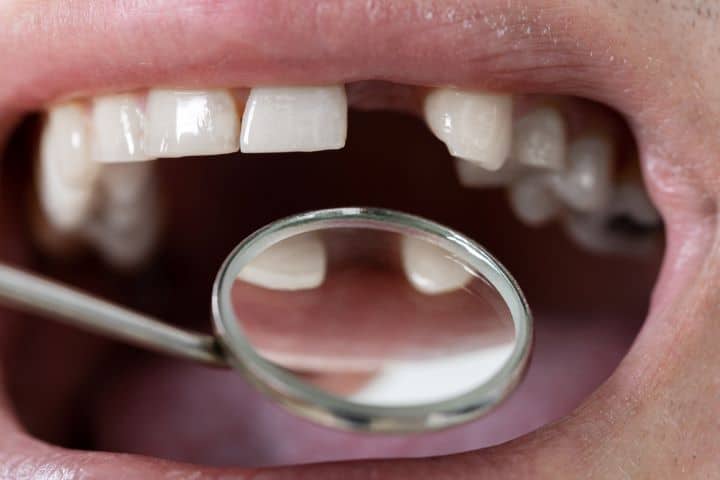
Some of the main causes of your loose tooth are:
Injury to the tooth
A common cause of loose teeth in adults is due to local trauma or injury to the tooth. Contact sports, tripping, or hitting your tooth on hard surfaces can cause shaking of teeth.
Teeth grinding
In a condition called bruxism, you involuntarily grind your teeth and clench your jaws, especially during sleep. Teeth grinding can cause your teeth to become worn down and loose over time.
Gum disease
Due to poor dental hygiene, there can be signs of severe gum disease like reddened, swollen, or bleeding gums. Any tooth loss occurs when a tooth loses support and slowly causes the teeth to become loose.
In advanced gum disease, the gum tissue begins to pull away from the teeth. As a result, the teeth succumb to these gum infections and detach.
Osteoporosis
For some people above the age of 50, their bones become so weakened to the point that minimal injury can cause them to break. In these cases, the jawbones are severely affected and the teeth loosen due to a lack of bone density required to hold them in place.
Pregnancy
Pregnancy can take a major toll on the body, especially on the underlying gum tissues called the periodontium. The periodontium includes ligaments around your teeth that hold them in place. Expecting moms may feel their teeth loosening up due to infections of the periodontium.
Fortunately, shaky teeth during pregnancy can firm back up once they give birth.
Do Loose Teeth Tighten Back Up?
Yes, the teeth can stabilize back up depending on what caused your teeth to loosen. In cases of accidents, teeth can tighten up once the injury clears up.
Treatment options for a loose tooth
Once your tooth has detached, you’d naturally want to save the tooth. Your dentist may be able to save your tooth with any of these treatment options:
Treatment Options
You can save a loose adult tooth with any of the following treatment options:
Non-surgical methods
Scaling and Root Planing
If the loose tooth is caused by gum disease, your dentist may begin by carrying out a process called scaling and root planing.
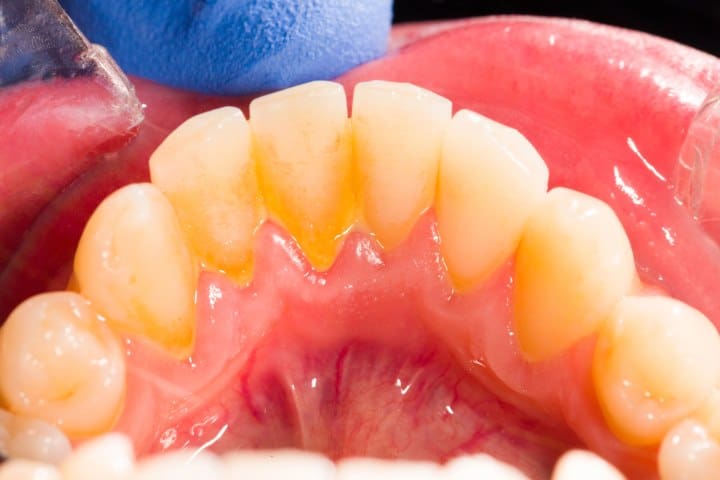
This is an in-depth cleaning procedure that helps remove food debris and tartar from tooth surfaces even below the gumline.
Dental splinting
In this technique, a thin wire is used as a splint to join and stabilize two or more teeth together. Splinting can work to immobilize the loosened tooth and can help re-stabilize it.
Surgical methods
When non-invasive procedures do not prove to be successful, surgery can be a last-ditch effort to save the loosened tooth. Loose teeth caused by gum disease can be repaired with:
Bone graft
Grafts can be used to reinforce the lost bone in the jaw or to repair diseased bone, after which the dentist will replace it with a dental implant or bridge. Bone grafts are typically taken from another part of the body but can also be synthetic.
Flap surgery
The gums are pulled back for a thorough cleaning after which the gum tissue is reattached and allowed to heal and tighten. This treatment option is sought to nurse the gums back to health.
Dental restorations
If one or more teeth are extremely loose, you can opt for getting them extracted. Replacements for missing teeth can be done through dental appliances such as dentures.
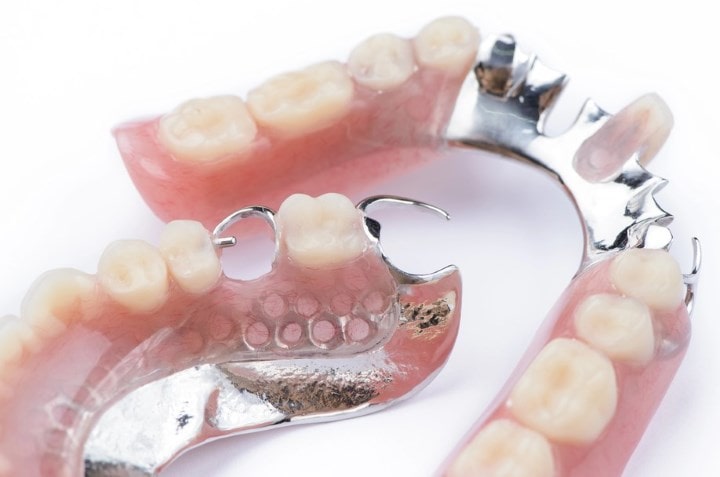
Additionally, mouthguards can be made for people with teeth-grinding habits.
How to prevent loose adult teeth?
Wiggly teeth may be worrisome to deal with, but there are some easy methods to lower your risk of shaky teeth and prevent a loose chomper in the future:
- Practice good dental hygiene: You should brush and floss your teeth and gums thoroughly twice every day using good fluoridated toothpaste.
- Avoid crunchy or hard foods: You should practice caution when you chew on hard or crunchy food items.
- Visit your dentist regularly: You should visit your dentist every 6 months to get a professional cleaning done.
- Avoid tobacco: Did you know that smoking or chewing tobacco is a leading cause of gum disease in the U.S.? You should cut out tobacco to reduce your risk of both gum disease and oral cancer.
- Minimize adverse habits: Wearing a mouthguard to sleep for bruxism or during contact sports can greatly reduce injury to your teeth.
Conclusion
Losing a tooth can be a troublesome experience, especially when you’re an adult with an abundant social, professional, and personal life. You may notice slight wobbling of your teeth due to gum disease, injury, or an underlying medical condition.
Luckily for you, today, it is entirely possible to save the tooth or prevent loose teeth entirely. Your dentist can help fabricate the best treatment plan specially personalized for you.

